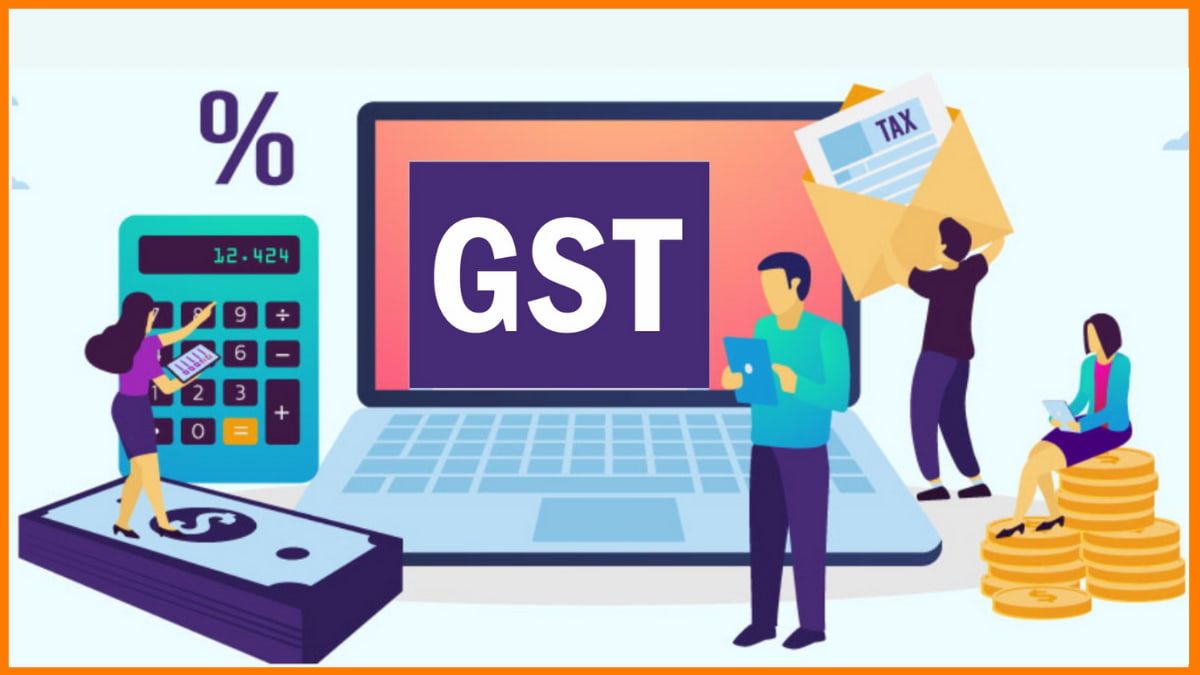CFO Account & Services: Your Relied On Partner for Hassle-Free GST Registration in Singapore
CFO Account & Services: Your Relied On Partner for Hassle-Free GST Registration in Singapore
Blog Article
Browsing the Complexities of GST Registration: A Comprehensive Guide for Entrpreneurs
Navigating the intricacies of GST registration can be an overwhelming task for several company owner, as it includes a myriad of policies, laws, and processes that should be followed. With the ever-evolving landscape of tax obligation legislations, ensuring conformity and understanding the ins and outs of GST enrollment is essential for the smooth operation of any kind of service. From establishing qualification and gathering the necessary documents to maximizing operations for maximum performance, this thorough guide aims to give company owner with the knowledge and tools required to navigate the intricacies of GST enrollment efficiently.
Eligibility for GST Registration
Organization owners should satisfy details requirements to identify their eligibility for GST registration. In basic, companies with a yearly turnover going beyond a specific threshold are called for to register for Item and Services Tax (GST)
Moreover, services that are registered under any previous tax obligation regimen, such as VAT or service tax, are typically needed to shift to GST enrollment. Comprehending these standards is important for entrepreneur to guarantee compliance with the regulation and prevent any penalties or lawful issues. It is a good idea for business owners to seek advice from tax experts or lawful experts to assess their eligibility for GST registration accurately. By sticking to the required criteria, services can efficiently browse the complexities of GST enrollment and operate lawfully within the tax obligation structure.
Papers Required for Enrollment
To complete the GST registration procedure, companies require to collect and send a comprehensive collection of files. The essential files required for GST enrollment commonly consist of evidence of service registration or consolidation such as the Certificate of Consolidation, partnership deed, or any other enrollment certificate. In addition, services must offer identification and address proof of the promoters or partners, which can be in the kind of Aadhar card, PAN ticket, driver, or card's license. Financial papers such as financial institution declarations, evidence of location of business like rental agreement or electrical energy expense, and authorized signatory information are also crucial for the enrollment process.
In addition, certain documents connected to the nature of the organization, such as a listing of items or solutions supplied, HSN codes for products, and cavity codes for solutions, may be needed - Why choose CFO Account & Services for GST registration in Singapore. It is essential for companies to guarantee that all records submitted are precise, current, and in the recommended format to prevent any kind of delays or complications in the GST enrollment procedure
Process of GST Enrollment
Having constructed the requisite paperwork, businesses continue to start the GST registration process by involving with the online website marked for registration. This online site is the Goods and Solutions Tax Obligation Network (GSTN) portal, which acts as the key system for all GST-related tasks in India. Upon accessing the site, companies are needed to complete the GST registration kind with precise information regarding their organization activities, turnover, and other relevant information.
When the type is completed and sent on the portal, the GSTN confirms the information supplied by the organization. Complying with effective confirmation, a GST enrollment certificate is released to the company entity.
It is necessary for companies to guarantee that the info offered throughout the GST enrollment procedure is exact and approximately day to stay clear of any type of potential problems or hold-ups in acquiring the GST registration certificate.
Recognizing GST Compliance

Organizations need to be familiar with the different GST compliance needs based upon their turnover, nature of solutions or goods, and the states in which they operate. It is vital to remain upgraded on any adjustments in GST legislations and policies to prevent any type of non-compliance problems.
Non-compliance with GST policies can lead to large penalties, penalties, and also legal repercussions. Services need to invest time and sources in informing themselves and their personnel on GST compliance. Seeking expert aid from tax advisors or consultants can also aid in navigating the complexities of GST conformity and ensuring that organizations run within the lawful structure.

Tips for Optimizing Business Operations
For enhanced performance and efficiency in business procedures, critical planning and structured processes are vital components. One suggestion for my explanation enhancing organization operations is to take advantage of technology properly.
One more essential aspect is focusing on tasks based on their value and deadlines. By developing a clear pecking order of tasks and establishing reasonable timelines, businesses can ensure that vital tasks are finished in a timely manner. In addition, fostering a culture of open communication and collaboration among group members can result in boosted performance and technology.

Conclusion
Finally, navigating the complexities of GST registration requires a clear understanding of eligibility criteria, needed records, registration procedures, and compliance needs. By sticking to these guidelines and maximizing company procedures, entrepreneur can make sure smooth operations and compliance with the GST regulations. It is vital for services to remain educated and updated on GST regulations to stay clear of any kind of penalties or lawful concerns.
The vital documents needed for GST enrollment commonly consist of proof of organization enrollment or consolidation such as the Certification of Unification, collaboration deed, or any type of various other enrollment certificate.Having assembled the requisite documents, companies proceed to initiate the GST enrollment procedure by engaging with the online site assigned for registration. Upon accessing the site, businesses are required to fill up out the GST registration form with precise information regarding their business tasks, turnover, and other appropriate information.
In order to preserve anonymous adherence to GST laws and prevent charges, businesses need to focus on comprehending GST conformity. By adhering to these standards and maximizing company operations, company proprietors can ensure smooth procedures and conformity with the GST laws.
Report this page